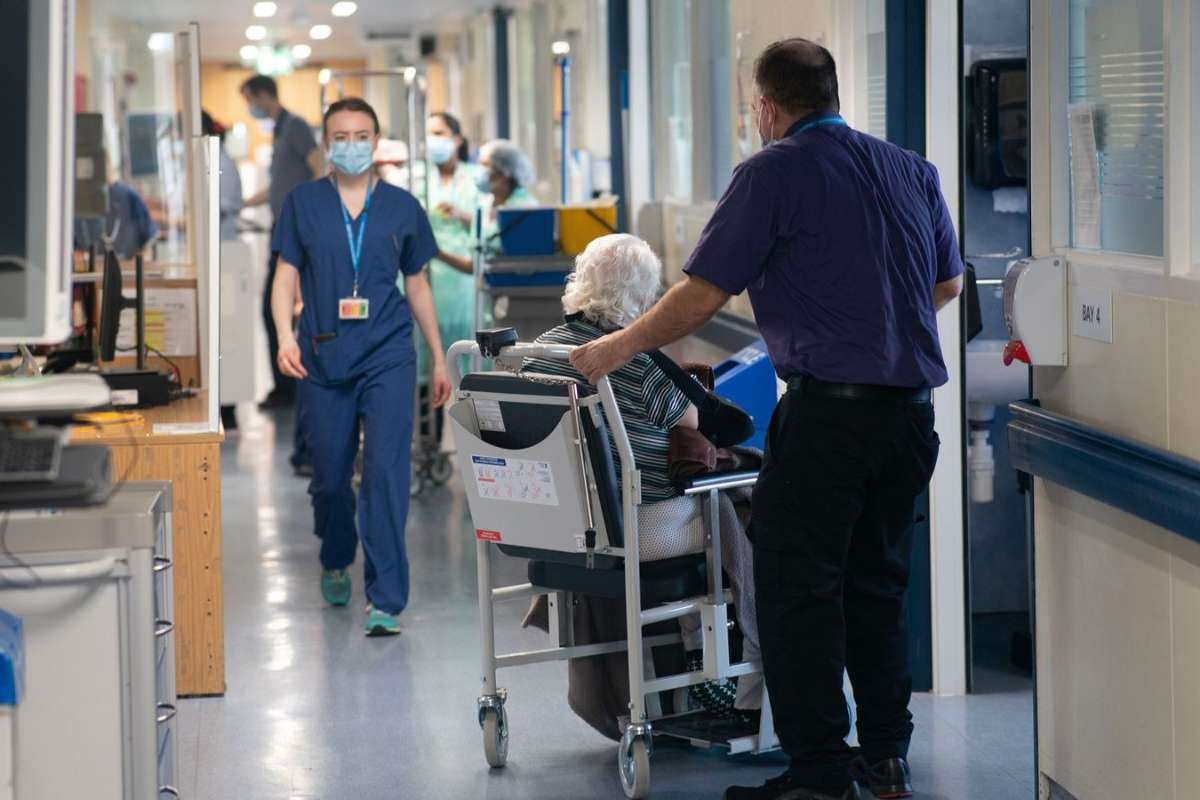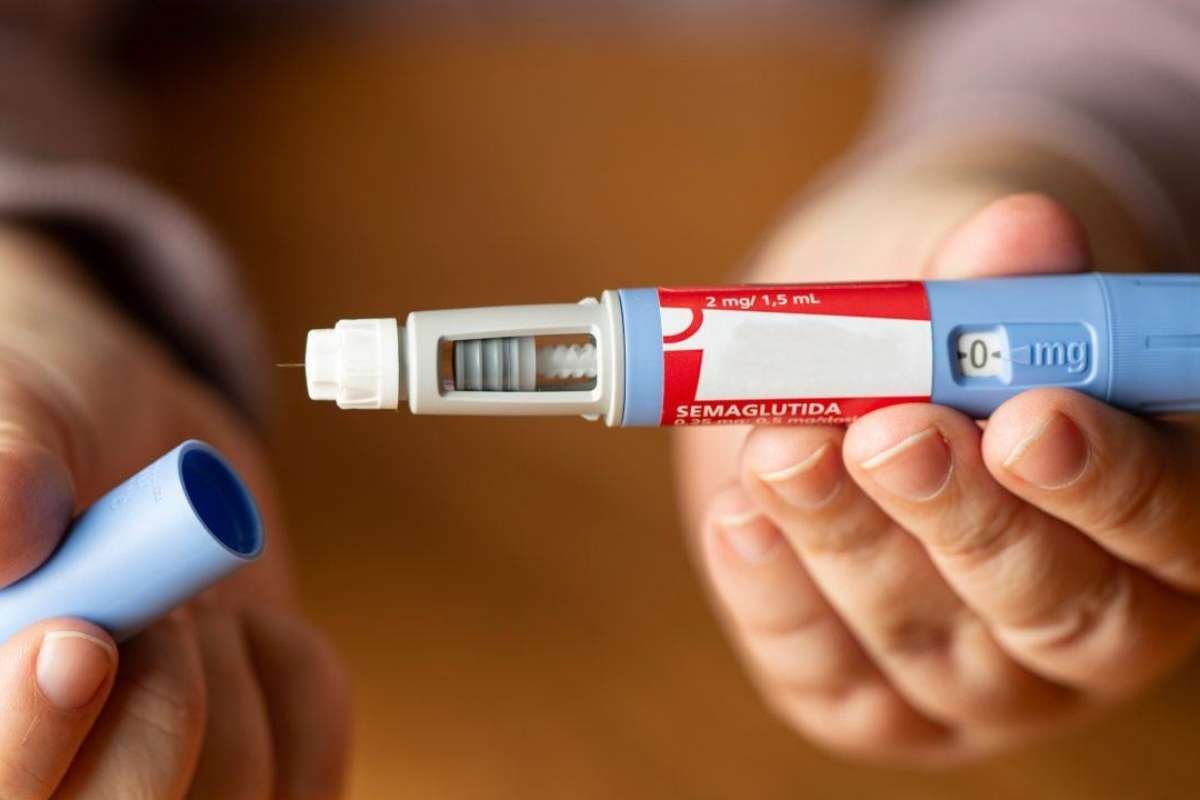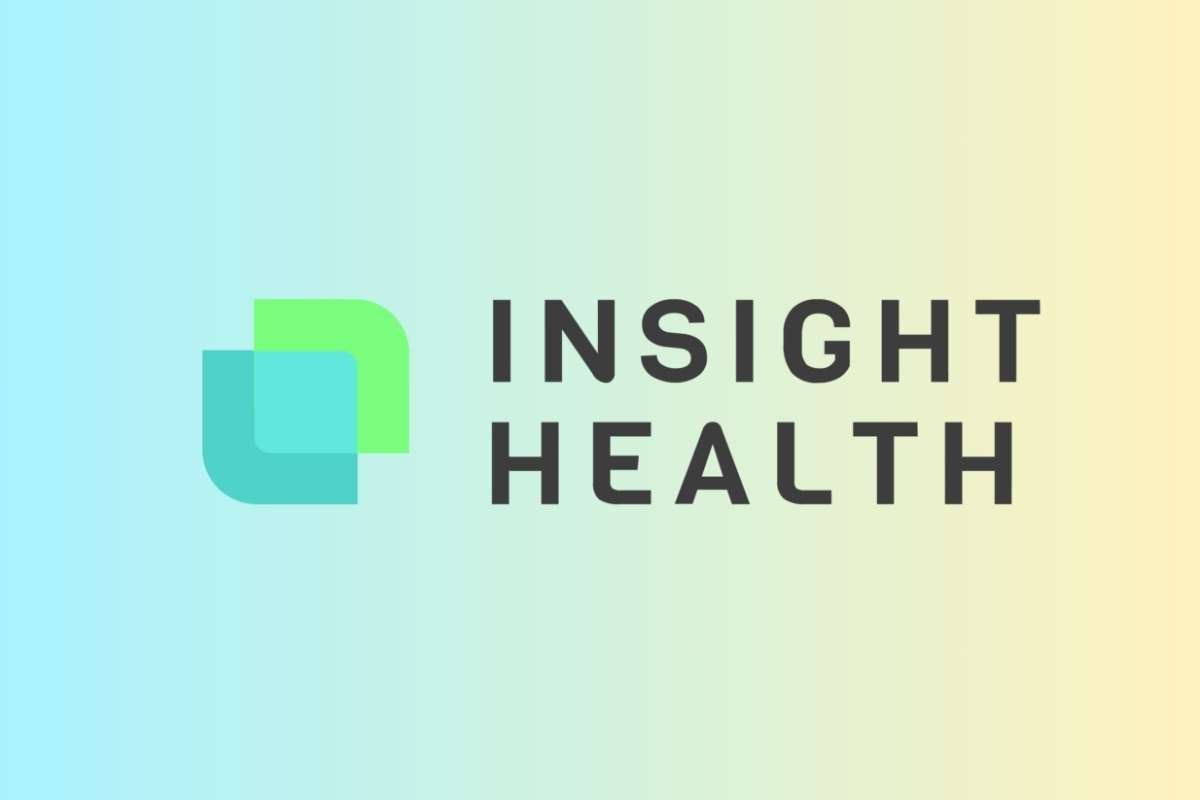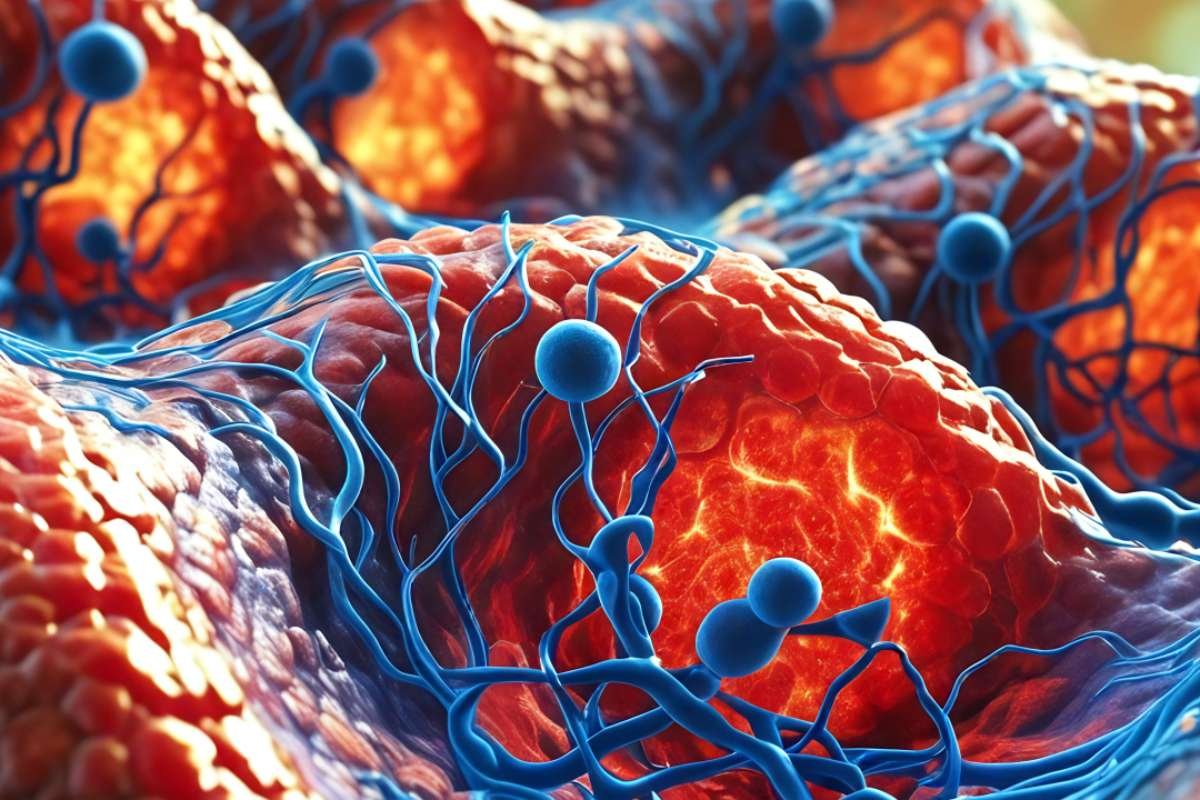Study Finds Positive Link Between Coffee, Tea, and Reduced Cancer Risk
New research has revealed that regularly drinking coffee and tea could potentially reduce the risk of head and neck cancers, including those affecting the mouth and throat. A study led by scientists from the Huntsman Cancer Institute in Utah analyzed data from 14 previous studies involving over 25,000 participants. The research found that coffee drinkers, particularly those consuming more than four cups of caffeinated coffee daily, had a 17% lower risk of developing head and neck cancer compared to non-drinkers. The analysis also showed that coffee drinkers had a 30% lower likelihood of developing oral cavity cancer and a 22% lower risk of throat cancer.
The research is particularly important given that head and neck cancers are on the rise, especially in low- and middle-income countries. In the United States alone, the National Cancer Institute estimates that approximately 71,100 people will be diagnosed with cancers of the oral cavity, pharynx, or larynx in 2024. The findings offer hope for those looking for preventive measures, as they highlight the potential cancer-fighting benefits of common beverages like coffee and tea.
Decaffeinated Coffee and Tea Also Show Benefits
Interestingly, the study also found that decaffeinated coffee offered some protective effects. Those who drank decaffeinated coffee showed a 25% lower risk of oral cavity cancer. Tea consumption was linked to a 29% lower risk of hypopharyngeal cancer, a type of cancer at the bottom of the throat, with even modest tea consumption showing a 9% reduction in overall head and neck cancer risk. However, the study also cautioned that drinking more than one cup of tea daily was associated with a 38% increased risk of laryngeal cancer. This underscores the complexity of coffee and tea’s effects on different types of cancer, suggesting that further research is necessary to fully understand these relationships.
Senior author Yuan-Chin Amy Lee emphasized that while the results align with previous research indicating the potential cancer-preventing properties of coffee and tea, this study provides new insights into their varying effects on specific types of head and neck cancers. “Coffee and tea habits are fairly complex, and these findings support the need for more data and further studies around the impact that coffee and tea can have on reducing cancer risk,” said Lee.
The Broader Health Benefits of Coffee
Beyond cancer prevention, coffee continues to be linked to numerous other health benefits. Studies have shown that drinking coffee and tea regularly may extend life expectancy by nearly two years. It is associated with a lower risk of heart disease, stroke, diabetes, and major depression. The scientific community has long been fascinated by coffee’s health effects, given that it contains over 2,000 compounds, including antioxidants and anti-inflammatory agents. Specifically, coffee’s high levels of caffeine and chlorogenic acids have been shown to protect against cardiovascular diseases, type 2 diabetes, and inflammation-related conditions.
While the exact mechanisms behind coffee’s health benefits remain unclear, researchers believe that its compounds can have a significant impact on disease prevention and longevity. The University of Coimbra in Portugal suggests that coffee, with its rich blend of beneficial compounds, should be embraced as a “treasure trove of benefits,” especially for older adults looking to improve their overall health.
In conclusion, drinking coffee and tea daily may not only help reduce the risk of certain cancers but could also provide a range of other health benefits, making them valuable additions to a daily routine.










